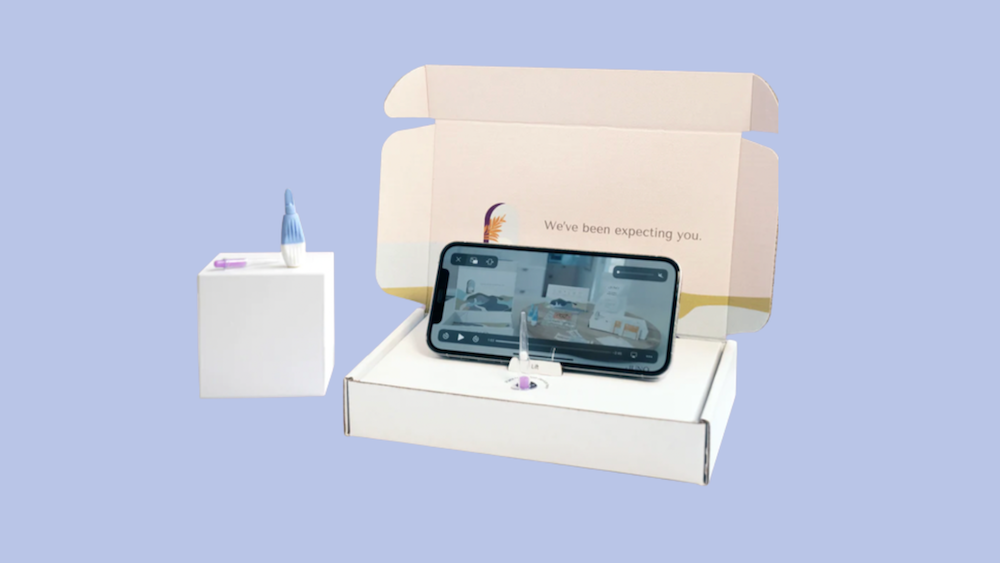
Genetic testing company JunoDx has announced the launch of Juno Hazel, a new non-invasive prenatal screening (NIPS) solution enabled from finger-prick amounts of blood. The Juno Hazel test breaks through one of the most significant barriers to access for genetic testing by leveraging JunoDx’s proprietary Sample Collection Kit. This process improves early access to high-quality genetic testing without the high costs, long lead times, and phlebotomy requirements of traditional NIPS.
“The launch of Juno Hazel represents a game-changing achievement for prenatal care that we believe will create a paradigm shift in NIPS,” said Dirk van den Boom, Founder and CEO of JunoDx. “We are developing next-generation NIPS solutions that are highly accurate, affordable, and accessible to millions of women and families, delivering a higher standard of care. We see tremendous opportunity for our novel approach to blood-based testing, such as NIPS, and are excited to expand our commercial footprint beyond Juno Birch.”
JunoDx aims to build a platform enhancing access to prenatal screenings and information for all pregnant people. Through Juno Hazel and NIPS services, including curated educational resources and personalized genetic counseling support, the company intends to partner with physicians and genetic counselors to facilitate a higher level of prenatal care. JunoDx looks to expand its NIPS portfolio with adjacent products and services.
The Juno Hazel test is paired with the JunoDx Sample Collection Kit that enables immediate generation of blood plasma for subsequent laboratory testing from only a few drops of blood – reducing cost, increasing access, and improving the NIPS experience. The approach eliminates the need for phlebotomy, a significant access hurdle for this type of test in many clinical settings. Juno Hazel screens for common chromosomal aberrations, including trisomy 21, 18, and 13, with the opportunity to report on additional clinical content.
Mathias Ehrich, Chief Medical Officer of JunoDx, explains: “We spent the last few years building a foundation of exceptional science that catalyzed the high performance of Juno Hazel. Since then, we have demonstrated greater than ninety-nine percent (>99%) sensitivity and specificity to detect multiple chromosomal abnormalities. Above all, we began this journey to improve prenatal care for all, including traditionally underserved communities. Our Juno Hazel test gets us a lot closer to this goal.”
JunoDx announced its $25M Series A in May 2021. The round was led by Perceptive Xontogeny Venture (PXV) Fund.



